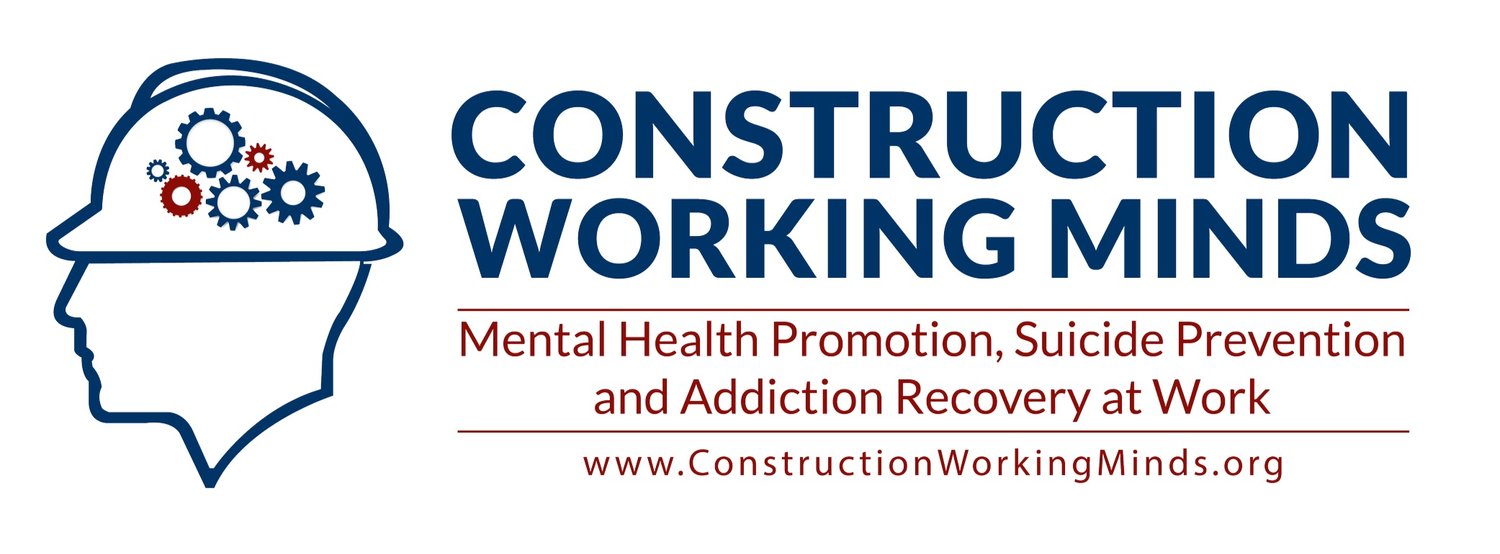As construction companies, unions, and professional associations evolve their suicide prevention strategies, many realize they need to build out a stratified training program. Getting beyond basic awareness educational sessions, managers need advanced skills in how to best help workers who are in high levels of distress. Upwards of 1,000 construction workers have taken the training to date in the pilot effort and 92% of them stated they found the training useful or very useful.
The “Advanced Skills for Managers” training is a semi-customizable, highly interactive 3 ½ - 4 hour in-service that can be given virtually or in-person for groups of 20-30 people. Participants who complete the course will be able to:
Articulate why suicide prevention is a health and safety priority in construction.
Define the boundaries of a manager in supporting workers.
Describe a model of suicide risk.
List the evidence-based warning signs.
Know how to start, hold and finish a compassionate and direct conversation about suicide.
Navigate discussions with supervisees when mental health crises result in performance concerns.
Know what to expect from vetted mental health and crisis resources.
Confidently collaborate with workers as they bridge them to resources.
Understand the basics of why lethal means restriction matters.
List six ways they can build a culture of care and reduce bias around mental health challenges.
Help workers who are struggling build a support team.
Interactive components include:
Polling
Storytelling
Large and small group discussions
Roleplays
Tests of knowledge
Videos and case studies
Take-home tools
Here’s what people are saying when asked “What did you like best about the training? What stood out to you?”
““[The training] provided lots of good information about how to recognize and deal with mental health issues. It is not second nature to most of us.””
““Role playing was good to break the hesitancy to use specific language and to provide experience in addressing the conversations.””
““The [anonymous] surveys [on lived-experience with mental health, addiction and suicide] make you understand we are all going through things.””
““Learning the statistics of our industry. It was eye-opening as this is not something that is regularly talked about.””
“ “I liked the [small group] breakout as it made us physically discuss the tough topics. It was good practice.””
““Breaking the ice of a topic I wasn’t comfortable with. Talking about this brings up a ton of ‘wish I had this information earlier.’””
Contact DrSallySpeaksInfo@gmail.com for more information.



